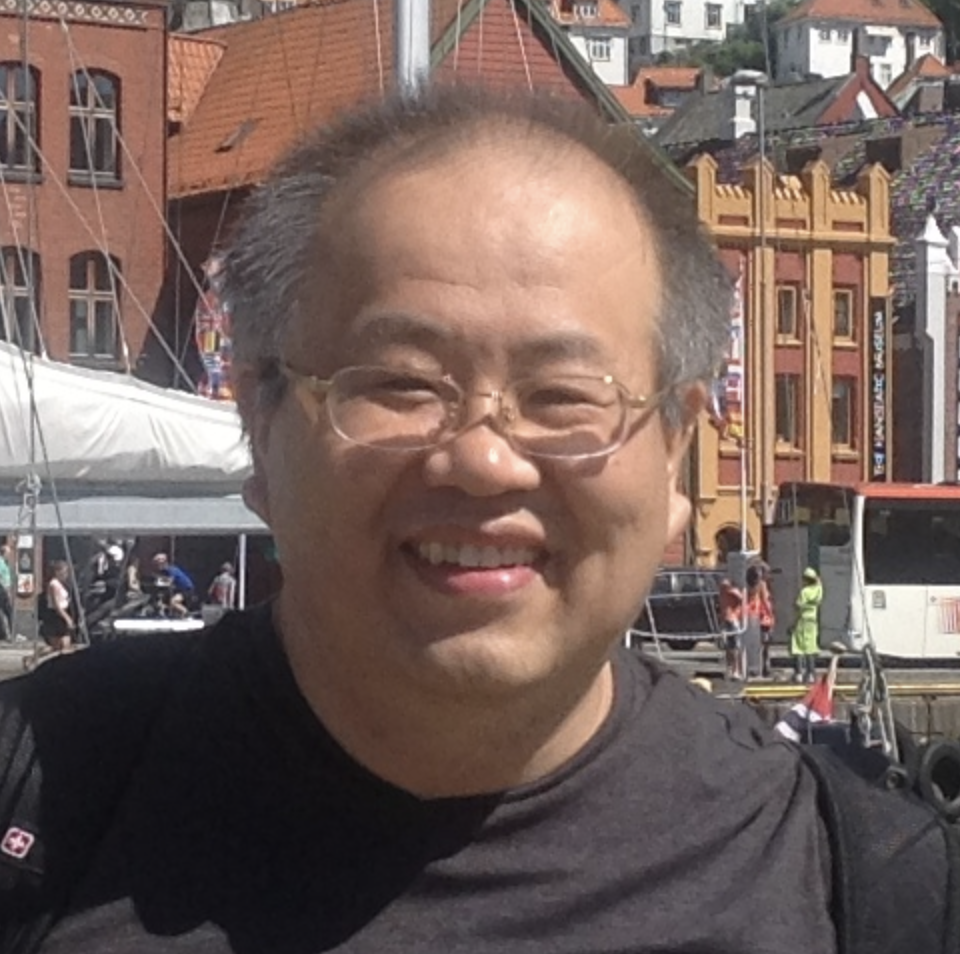Past Event: Oden Institute Seminar
Hong Wang, University of South Carolina, Department of Mathematics
3:30 – 5PM
Tuesday Sep 3, 2024
POB 6.304 & Zoom
The classical integer-order Fickian diffusion PDE was formulated based on assumptions of particle movements characterized by mean free path and mean waiting time. These assumptions are valid for transport in homogeneous media, where solute plumes were observed to display exponentially decaying tails. However, field tests have unveiled that transport in heterogeneous media exhibits markedly nonlocal behavior, featuring highly skewed power-law decaying tails. Modeling such behavior using Fickian diffusion PDE across a broad parameter range poses significant challenges.
Fractional diffusion PDE was developed with the assumption that its solutions manifest power-law decaying tails. This framework presents a competitive approach for modeling transport in heterogeneous media. Nevertheless, fractional PDEs introduce novel modeling, computational, and mathematical challenges distinct from those encountered with integer-order PDEs.
In this session, we will delve into the modeling, analysis, discretization, and optimal control aspects of fractional PDEs, addressing the complexities and challenges unique to this domain.
Professor Hong Wang, affiliated with the University of South Carolina, specializes in the study of modeling, approximation, analysis, simulation, and application within porous medium flow and transport dynamics. His research focuses on oil reservoir simulation, groundwater contaminant transport, and CO2 sequestration. Professor Wang employs both integer and fractional-order PDEs to address complex challenges in these fields.
